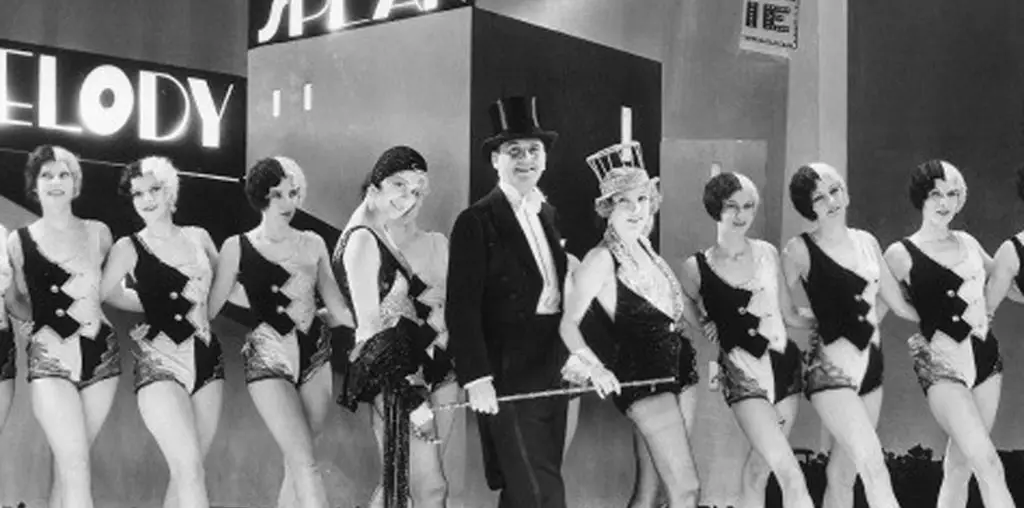
By most people’s accounts, even though the United Nations failed in its efforts during the Rwandan genocide, Roméo Dallaire didn’t fail as a person, and saved thousands of lives. This belief, however, is little consolation to Dallaire, the Canadian general who was put in charge of Rwandan peacekeeping in 1994 but couldn’t obtain the resources to stop the slaughter of 800,000 people in 100 days. “Shake Hands With the Devil: The Journey of Roméo Dallaire” follows the emotionally scarred man as he revisits a land of horrible memories on the 10th anniversary of the genocide.
Director Peter Raymont’s cameras find Dallaire somewhat recovered from a deep depression that, three years prior, led to a suicide attempt. Now Dallaire has finished a book, Shake Hands with the Devil: The Failure of Humanity in Rwanda, in which he criticizes racist and capitalistic prejudices that let the United Nations and the developed world powers to ignore a country that had no resources and was merely killing its own people. Dallaire’s voice was a refreshingly truthful one during the genocide, as he spoke honestly during interviews in the hopes that people would become outraged enough to send troops and aid. Yet he was ultimately unable to bring in the needed help, marking the failure of his life. Dallaire will never forget the horrors he witnessed or forgive himself for the inability to stop it, but he never sinks into as much despair as he has in the past during the ups and downs of the trip that the movie covers.
There might be a few too many shots of Dallaire looking out the window of his jeep at the land of his past, and a few too many blustery talking heads preaching the history when Dallaire’s story communicates it perfectly by itself. But Dallaire’s tragic story is a fascinating chapter in a sad history. “Shake Hands with the Devil” brings shame to those who were willing to ignore atrocities as long as they weren’t in a country that the developed world deemed important.
